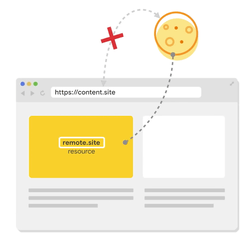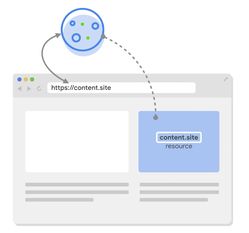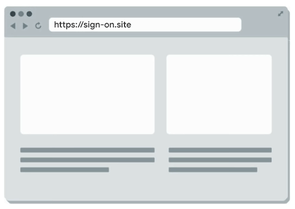Important information regarding the new Google Chrome update (v80), which might impact the way your digital marketing tools work
On February 4th Google released a new version of their Google Chrome browser, which accounts for more than 60% of the global desktop internet browser market share. This update incorporates fundamental changes to the way Chrome handles tracking cookies and goes in line with Google's plan to end support for third-party cookies within the next couple of years, in response to an increased user demand for privacy and online security.
At The Cocktail we wanted to break down the relevant information regarding this update to help you contextualize it within the current marketing tech ecosystem.











